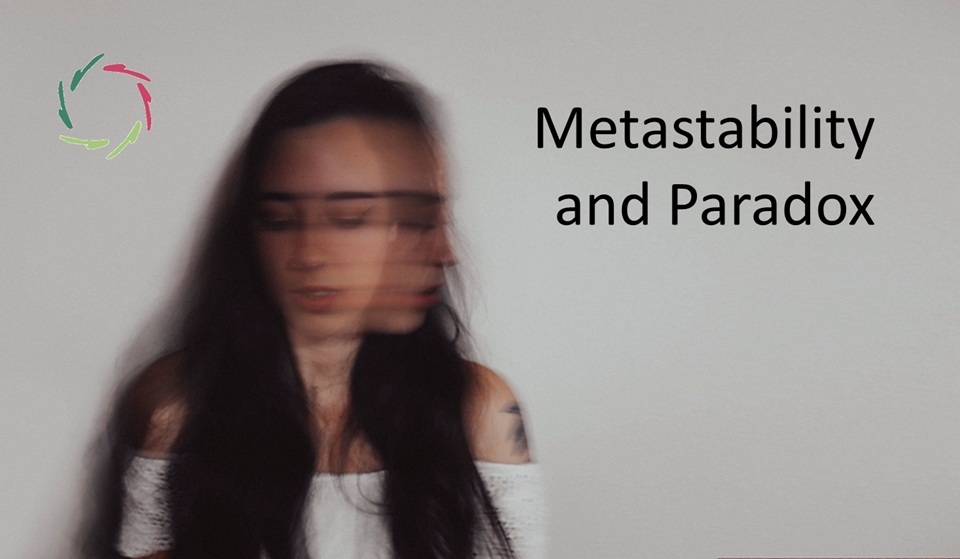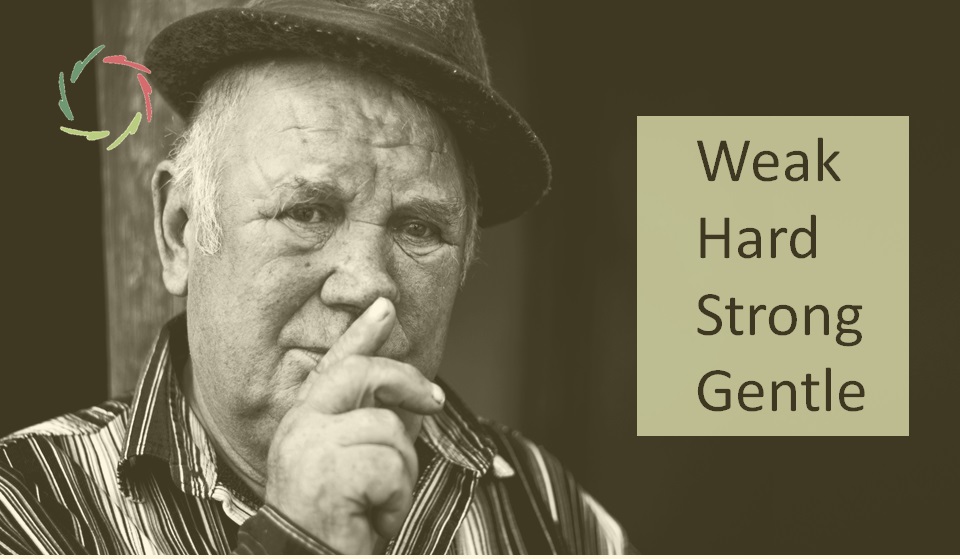The Story of Ego

The evolution from ‘I’ into ‘ego’ has been very gradual, as has been the appearance of consciousness. In a way, the latter is central to the former.
[see: The Story of ‘I’. The present text is its continuation.]
Consciousness has not been developed for the sake of ‘ego’.
Nevertheless, it was indispensable for the appearance of the latter. Even more: it led to this appearance with an inevitability almost like that of a chemical reaction. Just put the right ingredients together and infuse this with a sufficient amount of ‘energy’. In this case, the ‘energy’ is evolutionary drive: a continuous search for niches to experiment with new forms of life.
‘Ego’ is always self-conscious in relation to X (= anything, whatsoever).
This is: ego always compares itself, then also compares X in relation to itself. Comparison is so central to ego that one can say: there is no ego without comparison. There is then only ‘I’ being ‘I’. This ‘I’ – center of homeostasis – also compares itself of course. How otherwise can it notice when homeostasis is not present, thus: when dis-balance calls for action? However, it compares automatically. It is not consciously aware of the act of comparison. It is only aware of itself and ‘other things’ in an objectified way.
In a setting of consciousness, the striving-to-homeostasis is refurbished into ‘ego’
which also strives for durability, but for which the act of comparing oneself has become much more invested with complex emotions among which several are plainly negative: jealousy, disdain, guilt, hatred… Note that these are emotions as well as motivations to change, namely: towards recapturing the homeostasis.
Nature doesn’t build new things.
It reuses, expands functionalities and tries out new combinations. At evolutionary scale of course: fins become legs, immune precursor cells (very probably) become neurons, water-regulating hormones (certainly) become responsible for maternal bonding, brain structures being developed for more flexibility in movement (according to many scientists) become part of the neuronal substrate for consciousness… More in-depth, self-perpetuating neuronal patterns (in my view) engender a huge increase in flexibility of all kinds, including consciousness as well as being a main cause of many kinds of ‘evil’: depression, psychosomatics, aggressive behavior, and even a possible end of the experiment ‘humanity’.
Take it or leave it: in evolutionary terms, consciousness is an experiment.
Ego is an experiment.
Humanity is an experiment.
AURELIS is an experiment.
So, will humanity honor its direct creator (natural evolution), or is this the end, my friend?
If so (end of humanity) then ego will play a major role in it…
… for only one reason: ego sees itself in dissociation to the totality of human being. This is a strength – humanity having come this far – as well as an unnecessary weakness.
Eventually, evolutions at the grandest scale as well as at individual level depend on how we learn to deal with ‘ego’. The morale of the stories of ‘I’ and ‘ego’ is that if you try to take out the latter as such, then you are actually trying to take out life itself. Which would be rather weird, because: what’s the purpose?
Broadening ego
Another take, according to me a much better one, is to ‘open’ the ego towards finding the original ‘I’ in it as well as many possibilities to evolve together with ‘ego’ towards a realization of human being in which this ego itself is nicely integrated in a wider whole of oneself and environment. Using an AURELIS metaphor:
letting the flower bud spontaneously open itself into a totally integrated, beautiful flower
in life and in death.
The whole aim of AURELIS is to hopefully bring some support in this.


